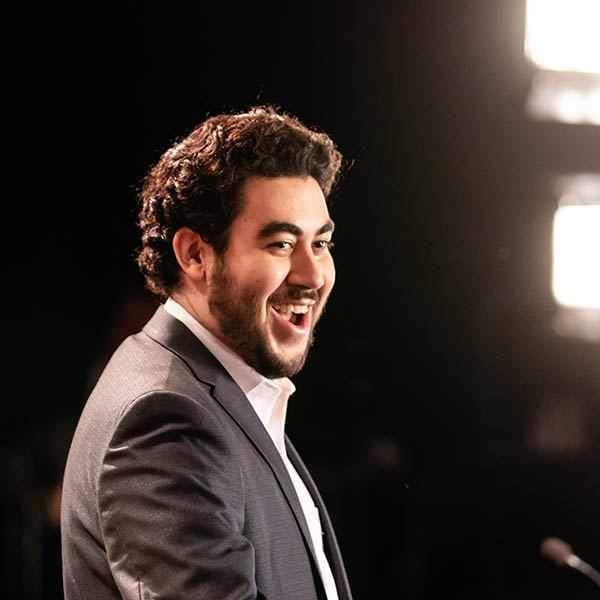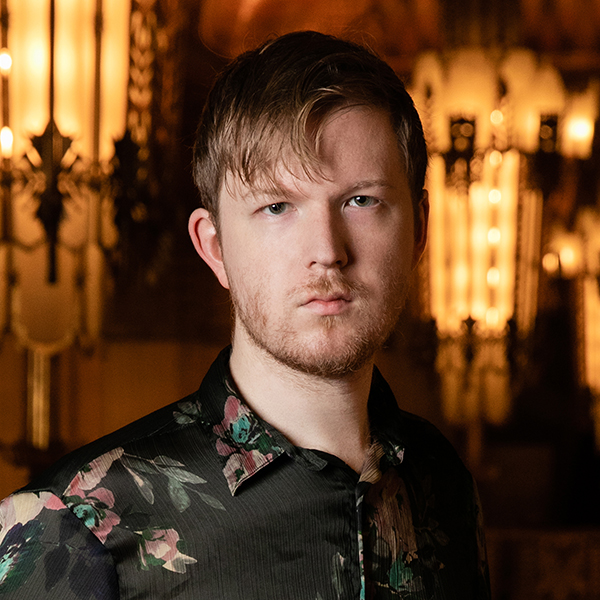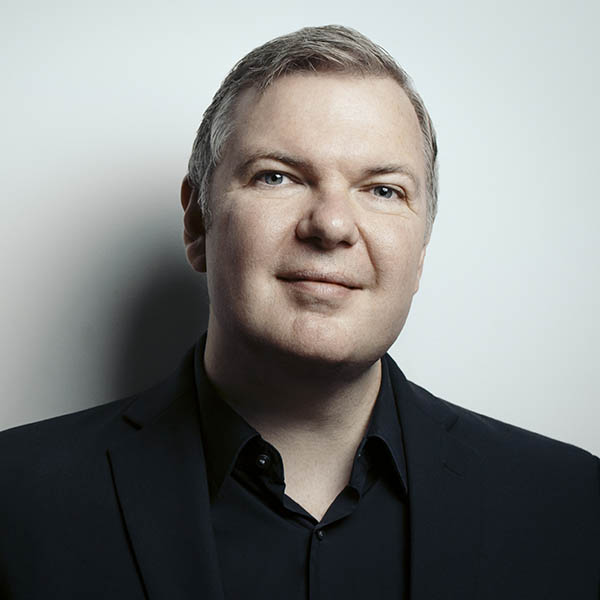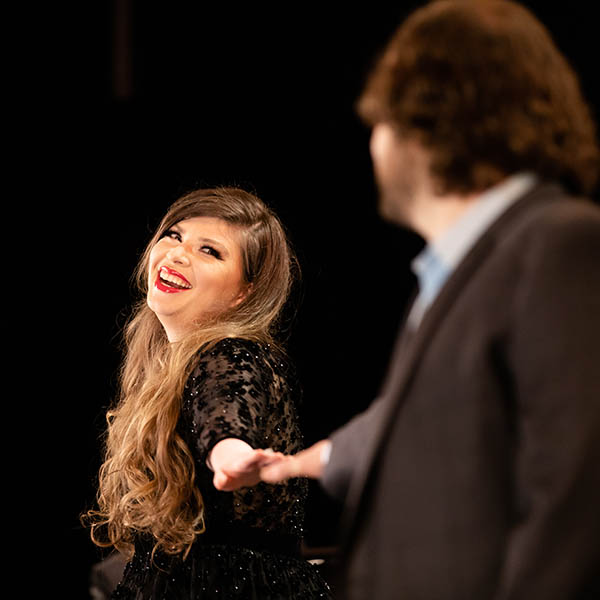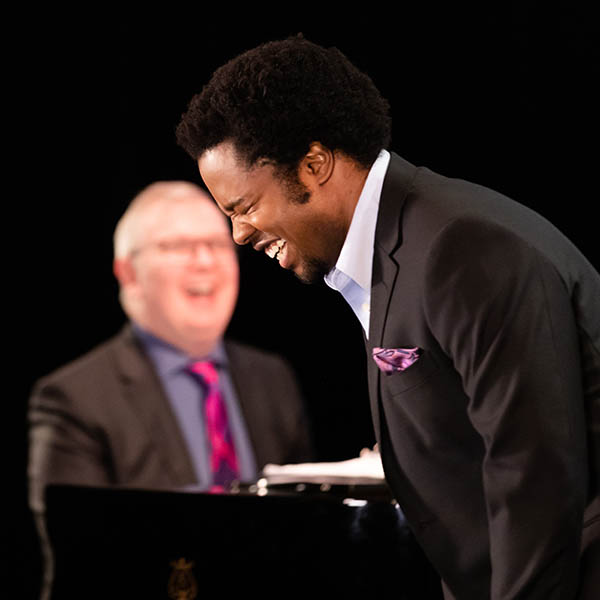Four-hand medley of excerpts from:
Wolfgang Amadeus Mozart, The Magic Flute; Giuseppe Verdi, Falstaff ; Paul Dukas, The Sorcerer’s Apprentice (arr. Craig Terry, Chris Reynolds, Leon Roques)
Chris Reynolds and Craig Terry, piano
Mozart’s The Magic Flute (1791) abounds in magical effects, and not just those related to the flute of the title, although that memorable instrument is, of course, central. Twice during the opera, when Tamino plays his flute, his beloved Pamina hears it and is able to find her way to him. Other magic includes the appearance of three boys who miraculously appear and are able to advise first Tamino, then later Pamina; the Queen of the Night, who appears on the scene as if by magic; delicious food that appears out of nowhere to delight the birdcatcher Papageno; and magic bells Papageno uses on various occasions, the last instance being when he plays the bells to bring the appearance of the sweetheart he longs for, Papagena.
In Verdi’s final opera, Falstaff (1893)—the second of only two comedies composed during his long career—the opera’s last scene begins with a sweetness and gentleness characteristic of all the episodes involving the two young lovers. An aura of magic and mystery pervades the opening of the scene, which finds the lovesick young Fenton alone in Windsor Park, eagerly anticipating the arrival of his beloved Nannetta, who will be disguised as the Queen of the Fairies.
One of the most popular orchestral pieces ever composed, Dukas’s The Sorcerer’s Apprentice (1897) found its dramatic source in a poem by Johann Wolfgang von Goethe. The music has reached an audience of millions thanks to its prominence in the justly celebrated animated Disney film Fantasia (1940). In Goethe’s poem, the sorcerer leaves his workshop, with his apprentice remaining behind to take care of the chores he has been assigned. He decides to cast a spell on a broom to help him, but soon there is water all over the workshop because the apprentice lacks the skill to break the spell. Disaster is averted only when the sorcerer returns.
